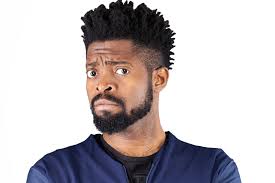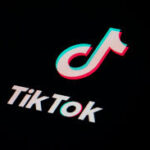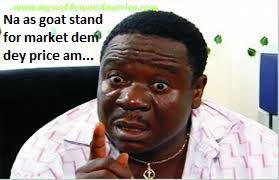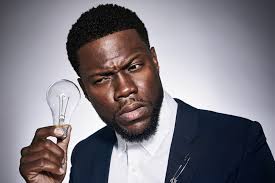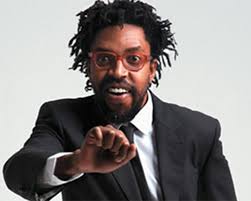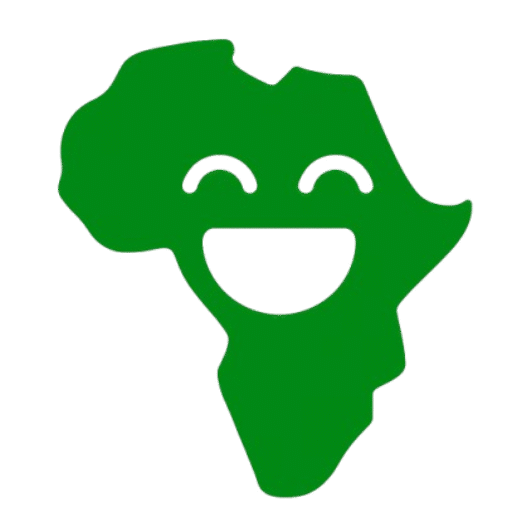For decades, Africa’s image in Western media has often been framed through a narrow lens — poverty, conflict, and exotic safari shots. But a quiet revolution is happening, and it’s not led by politicians or PR campaigns. It’s being powered by comedians — microphones in hand, cameras rolling, and laughter as their weapon of choice.
African comedy is not just entertainment anymore. It’s re-education through laughter. The new wave of comedians — from Nigeria’s Basketmouth to South Africa’s Trevor Noah — are reshaping how the world sees Africa. They’re doing what no official “image correction” campaign could do: making people feel differently about an entire continent.
From Stereotypes to Spotlights: A Brief History of Misrepresentation
Before we dive into how African comedians are changing the narrative, it’s important to understand what they’re up against.
For much of the 20th century, Western media portrayed Africa as a monolith — “the dark continent.” Hollywood movies like Out of Africa and early TV reports focused on famine, war, and wild animals. Africans were often voiceless, reduced to background characters in their own stories.
Even in comedy, African characters were stereotyped: the “tribal man,” the “naive villager,” or the “mystical wise elder.” These tropes were often written by non-Africans — reflecting ignorance, not authenticity.
Then came the internet, and with it, the rise of YouTube, Instagram, and TikTok — platforms that allowed Africans to tell their own stories, in their own voices, on their own terms.
The Turning Point: When African Comedy Went Global
The late 2010s marked a turning point. A generation of tech-savvy comedians started creating content that traveled across borders.
Names like Mark Angel, Taaooma, Trevor Noah, Eddie Kadi, Anne Kansiime, and Basketmouth began to dominate screens from Lagos to London. Their comedy wasn’t just funny — it was freeing.
They took the same stereotypes used against Africa — poverty, politics, culture clashes — and turned them into punchlines. But not as self-deprecation. Rather, as self-expression.
For instance:
- Trevor Noah, through The Daily Show, introduced nuanced African perspectives to millions of Americans who had never seen Africa beyond headlines.
- Taaooma’s skits show African parenting and culture in a way that’s instantly relatable — even to Western audiences raised by strict immigrant parents.
- Basketmouth and Eddie Kadi perform in major Western cities, proving African comedy has international demand, not just diaspora appeal.
Breaking Stereotypes Through Humor
So, how exactly is African comedy reshaping Western narratives?
1. Reclaiming the African Identity
African comedians are rewriting the narrative from “Africa as victim” to “Africa as vibrant.” By showing everyday life — relationships, traffic, food, family — they remind the world that Africans aren’t characters from a charity commercial; they’re people with stories, sarcasm, and joy.
2. Making African English Mainstream
Ten years ago, Western media often mocked African accents. Today, those same accents trend on YouTube shorts and TikTok. Thanks to creators like Sabinus (Mr. Funny) and Lasisi Elenu, African expressions — “You dey whine me?” or “Na wa o!” — are now global catchphrases.
The power dynamic has flipped: Western audiences are laughing with Africans, not at them.
3. Bridging Cultures Through Shared Struggles
Whether it’s paying rent, dealing with nosy neighbors, or navigating dating apps, African comedians use universal struggles to connect with the world. Their humor feels fresh, yet familiar.
When Crazy Kennar jokes about Kenyan matatus (buses), an American can relate it to chaotic subway rides. When Taaooma portrays a mother chasing her child with a slipper, anyone who grew up with strict parents laughs in recognition.
That’s cultural connection through comedy.
4. Educating Without Preaching
Comedy works best when it teaches without sounding like a lecture. African humor subtly educates Western viewers about culture, politics, and daily life.
For example:
- Trevor Noah’s stand-up explains South African apartheid through humor — making audiences understand history without feeling lectured.
- Bovi’s jokes on Nigerian corruption use satire to humanize issues Westerners might otherwise view abstractly.
This blend of humor and insight is transforming how Africa is understood in the global imagination.
Then vs Now: What’s Changed
Then:
Western TV and film used African characters as props or punchlines. African humor rarely crossed borders.
Now:
African comedians headline international festivals, collaborate with Western creators, and host global shows. Even platforms like Netflix and YouTube have dedicated “Made in Africa” sections — a testament to growing global demand.
Audiences from New York to Berlin now binge-watch African comedy series like The Johnsons, My Flatmates, and How to Ruin Christmas. This visibility does more than entertain — it normalizes African stories in mainstream spaces.
The Business of Changing Perception
Comedy is not just cultural diplomacy — it’s business. According to a 2024 report from YouTube Africa, comedy is among the top three content categories driving ad revenue across the continent.
Western streaming platforms are noticing. Netflix has commissioned African comedy specials like “Loyiso Gola: Unlearning” and “A Naija Christmas”, both of which received rave reviews globally. This exposure challenges the outdated idea that African humor is “too local.”
Brands are also getting involved — from Meta’s creator programs to BBC Africa’s digital comedy showcases. African comedians are becoming cultural ambassadors, influencers, and even educators — all while keeping people laughing.
Challenges Ahead
Of course, not all stereotypes vanish overnight. Some Western audiences still expect “exotic Africa” or misunderstand cultural references. But with every viral sketch, every sold-out London show, every cross-continental collaboration, African comedians are winning the long game.
The key lies in consistency — producing content that reflects Africa’s diversity and dignity, not just its difficulties.
The Bigger Picture: Why This Matters
Humor is one of humanity’s oldest forms of connection. When people laugh together, they lower their guard. And when they lower their guard, understanding follows.
African comedy’s rise in Western media isn’t just entertainment — it’s soft power. It humanizes a continent long misrepresented and opens doors for new conversations in art, film, and even politics.
Laughter may not solve global inequality, but it sure can dismantle prejudice faster than a press release.
Final Thoughts
From Trevor Noah’s sharp satire to Taaooma’s relatable skits, African comedy is proving that humor can heal cultural divides. What used to be a one-way media narrative — Western voices defining Africa — is now a dialogue.
Every time an African comedian trends on YouTube or gets featured on a global stage, another stereotype dies a quiet death.
Because in the end, the world isn’t laughing at Africa anymore. It’s laughing with Africa.







